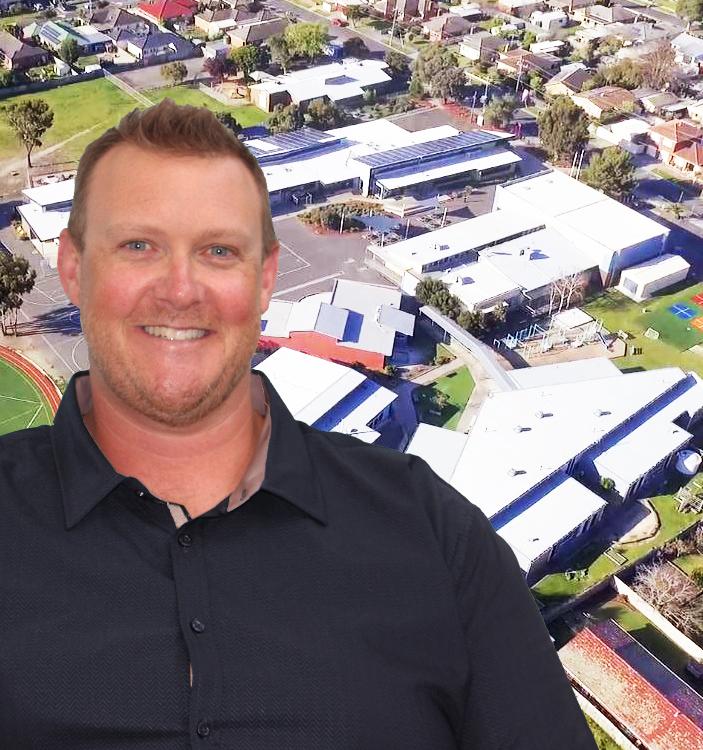Years 7 - 9 Update
February 2021

Years 7 - 9 Update
February 2021


Term Overview
Welcome to Term 1. We hope that you had an excellent break and enjoyed the holidays. This curriculum newsletter will inform you and give some insight into the teaching and learning that will be taking place in our 7-8 communities and activities our students will be involved in this term. We have also included some suggestions and ways you can further support your child's learning at home.
GITTC rotations.
This term marks the return of our GITTC rotations. These weekly specialist classe will be taking place on a Tuesday afternoon (Tallis/Wexford) and on a Friday afternoon (Peacock/Hendy).
Materials and Textiles - Sharon Paynter and Laura Brennan
Digital Technology - Annie Maloney
Media - Paul Noonan and Sam Johns
Food Studies - Bal Sanman and Jo McPherson
Vis Com - Mireille Limsowtin
Wood Technology - Col Williams
Inquiry
The inquiry focus for term 1 in our 7-8 learning communities is Geography.
Students will be learning how Aboriginal and Torres Strait Islander people and Asian regions are connected to water and different types of landforms across these regions. Students will research and identify how these people are physically, culturally and spiritually connected to their environments.
As the unit progresses students will begin exploring personal connections to landforms and their environment.
Key Academic Vocabulary:
Scarcity, Liveability, Landscapes, Landform, Hazards, Degradation, Urbanisation, Secondary source, Corroborate, Interpretation, Conservation, Social structure
What you can to do support at home:
English
When reading, year 7 and 8 students will have a large focus on researching and reading nonfiction and informative texts. Students will continue to engage in shared reading tasks, covering inquiry specific topics to broaden understanding on geography (landforms and physical, cultural and spiritual connection to the land).
The texts used for shared reading will range from dreaming stories, information reports/texts and newspaper articles.
In writing students will be learning about persuasive writing techniques. Key focus areas will be on developing arguments for and against an issue, the correct use of paragraphs and conclusions, which includes the writer's opinion.
Students will be introduced to key persuasive writing features, including present tense, use of technical terms and evidence to support opinion/argument, use of emotive words to appeal to readers emotional connection to the issue, and the use of connectives in their writing (therefore, so, because of etc..)
Alongside persuasive writing, students will also engage in writing information reports. These information reports will link to individual interest areas, and landforms students feel connected to. Students learning will focus on developing opening general statement/classification, technical/scientific terms and organization of information.
What you can to do support at home:
Why do you think that? Can you give me a reason why you believe that?
Maths
Throughout Term 1, students will be continuing their ongoing work on number patterns and operations, and the development of problem solving skills.
We will continue to utilise Math Pathways, Essential Assessment and focus group explicit teaching through a two week cycle. Rich learning tasks will be an embedded practice across the fortnightly cycles, enabling students to work together to explore mathematical concepts using thought provoking, open-ended activities that develop their critical thinking and reasoning skills.
Through our curriculum directed teaching and learning for Term 1 in Numeracy, themes will be closely linked to our HASS area of study (Geography). We want our students to develop an understanding of;
What you can to do support at home:
What were the steps involved in solving the problem? Why do they work in this order? Would they work in a different order? Could the problem have been solved with fewer steps? Can you think of a different way to solve this problem?
Josh Brown
AP Peacock Campus
7-9 Stage of Learning Leader